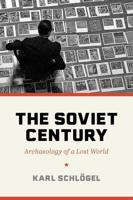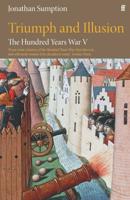Publisher's Synopsis
First delivered as a lecture at the Sorbonne in 1882, Ernest Renan's What Is a Nation? is a seminal text in the study of nation, nationalism, and nineteenth-century European history. In it, Renan critically reviews the prevailing theories of nationhood of his time. Finding all inadequate to the task, he then develops his own, historically-informed theory wedding considerations of historical continuity to the imperative of present consent.
In an afterword, the political theorist Nathalie Krikorian-Duronsoy distinguishes Renan's idea of the nation from the social contract tradition, particulary in its Rousseauist variant. In Renan's view, the nation is not a mere sum of individuals but an autonomous entity in its own right. Only by grasping this may one move beyond the extremely partial reading to which What Is a Nation? has long been reduced and recognize the various ways in which Renan's thought intersects with contemporary debates regarding immigration, identity, and the future of the nation state.









